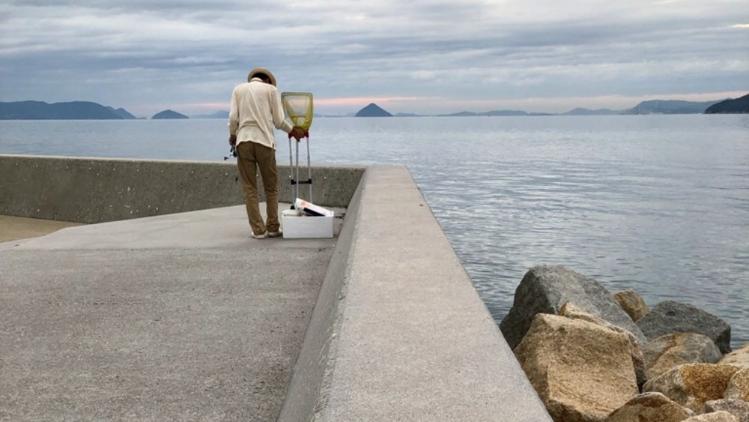Associate Professor Denis Byrne, University of Western Sydney.

ACCESS seminar: Reclamation legacies
-
-
-
Online
Online via Zoom
Abstract
Land reclamation projects that have taken place along the world’s coastlines represent a category of the ‘artificial ground’ whose proliferation is taken to be one of the hallmarks of the Anthropocene. Coastal reclamations were being undertaken for agriculture by at least 1000 years ago, they provided new terrain for ports in the Industrial Revolution, and in recent decades, especially in Asia, have spread rapidly as platforms for housing estates, airports, container ports, parks, artificial beaches and even for nature conservation. In this presentation I will develop a perspective on coastal reclamations which situates them as late Holocene-early Anthropocene heritage objects, aiming to give them greater visibility as exemplar sites of humanity’s oversize planetary footprint. Several thematic aspects of this heritage are looked at, including the position coastal reclamations occupy in the topographic heritage of capitalism, particularly in terms of an historical narrative of land commodification that starts with the enclosure of the commons and ends with the enclosure of the sea. Then there is their testimony to the human preference for flat terrain which has seen us create agricultural terraces to push flatness uphill in counterpart to the way reclamations push terrestrial flatness out to sea. The seawalls that protect reclamations are examples of the kinds of infrastructure we have developed through history to protect our expanding habitat from natural forces, and they can also be seen as extensions of ourselves that are reminiscent of the way seashells protect of soft bodies of shellfish, or that a concrete bunker serves as a carapace for the soft bodies of soldiers. These and other legacies that coastal reclamations embody can be activated in heritage practice to provide insights on where we stand at this point in planetary history, how we got here, and what might be changed in the way we orient ourselves.
Biography
Denis Byrne is an Associate Professor in heritage studies and archaeology at the Institute for Culture and Society, Western Sydney University. He has worked both in the public and academic sphere of heritage research and conservation. His current research focuses on transnational dynamics in the heritage of Chinese migration to Australia 1840-1940, heritage-making practices among recent migrants in Parramatta, and the legacies of reclamation along the Anthropocene waterfront. His publications include Surface Collection (Rowman & Littlefield 2007) and Counterheritage (Routledge 2014).


